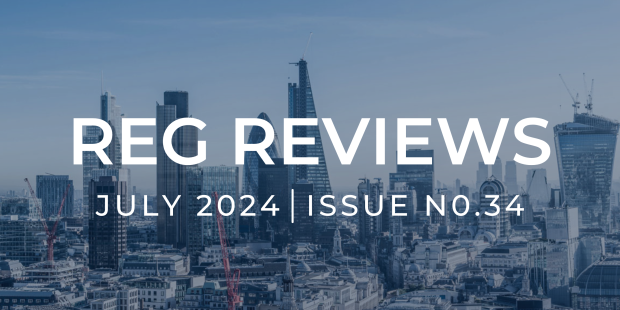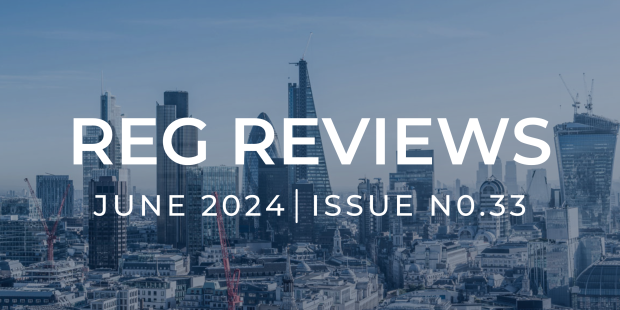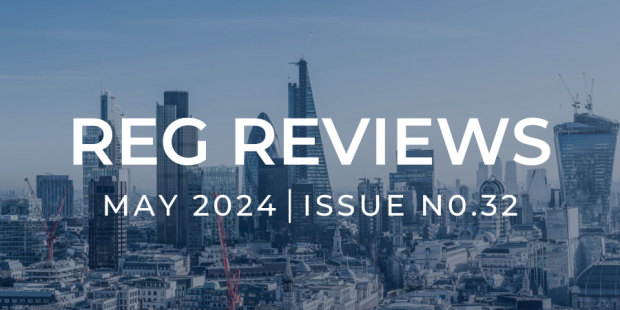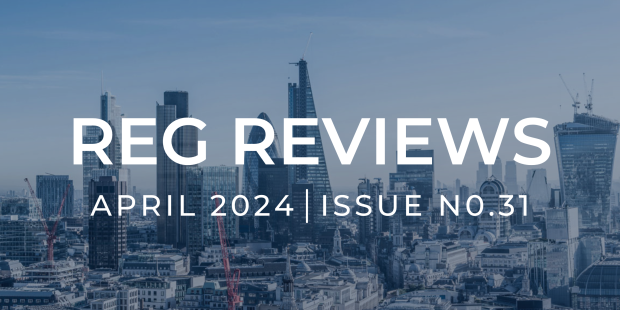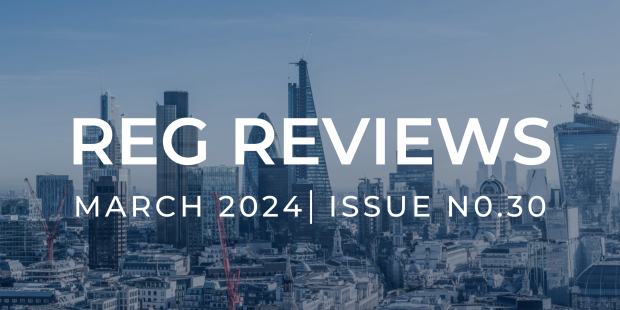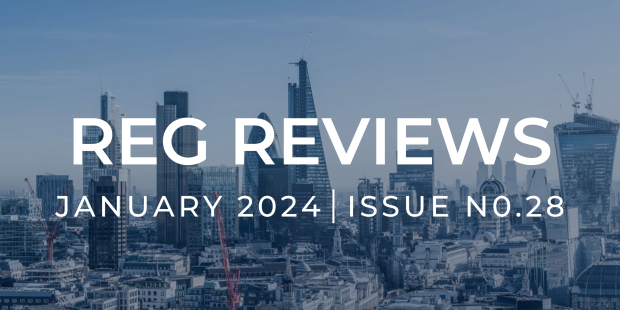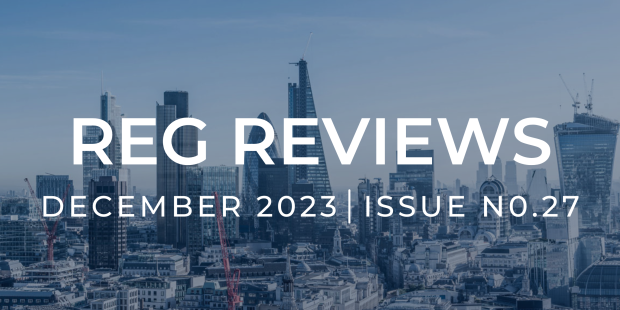The pressure is mounting on UK motor insurers as they experience huge underwriting losses for a second consecutive year.
These losses are majorly due to the current economic and political climate, notably inflation, regulatory laws and the prices that insurers have previously been charging which haven’t caught up to the actual cost of claims they have to pay.
The net combined ratio for car insurers, which represents claims and costs as a percentage of premiums, reached 112.8%, the highest level since 2011 according to recent data from consultancy EY. A ratio above 100% indicates an underwriting loss. In comparison, the ratio was 111.1% in 2022.
According to UK insurance partner at EY, Mat Wheatley, the insurance sector suffered two of its worst years in terms of underwriting results.
In order to keep up with the increasing cost of claims, motor insurers have blown their prices, which is now having a serious financial impact on motor insureds and car drivers across the UK, causing a daunting car insurance crisis.
While experts’ optimism that the motor insurance issue will get solved by itself as early as 2025 thanks to a highly competitive and robust market, the damages cannot be neglected.
Premium motor insurance prices have skyrocketed with some drivers seeing their premiums double, even triple in some cases.
As an example, shared by Financial Times, a Mercedes-Benz C-Class Estate driver who travels less than 5000 miles a year pays £1,780 to insure his car even with no claims. This is a jump of £1,120 in only two years.
Moreover, he told the FT that he; “struggled to see how an almost tripling of premiums in two years could be justified by underlying costs.”
EY reports that premiums increased by around 25% in 2023 and it predicts that this will rise even further before starting to stabilise in 2025.
While other insurance areas are also affected, the underwriting crisis hit motor insurers harder.
In fact, UK motor insurers had to pay £1.13 in claims in 2023 for every £1 they earned in premiums.
Despite the industry’s struggles, consumers and politicians are still heavily criticising the soaring prices. To address this, the newly elected Labour government has reassured the market that it’ll address the “soaring cost of car insurance.”
Insurers must also prove that their increase in premium finance prices is in accordance with the Consumer Duty law and that they always have their customers’ best interests in mind.
As the FCA states, it doesn’t “set or control insurance prices” but is “monitoring the market closely to ensure customers are getting fair value cover.”






















